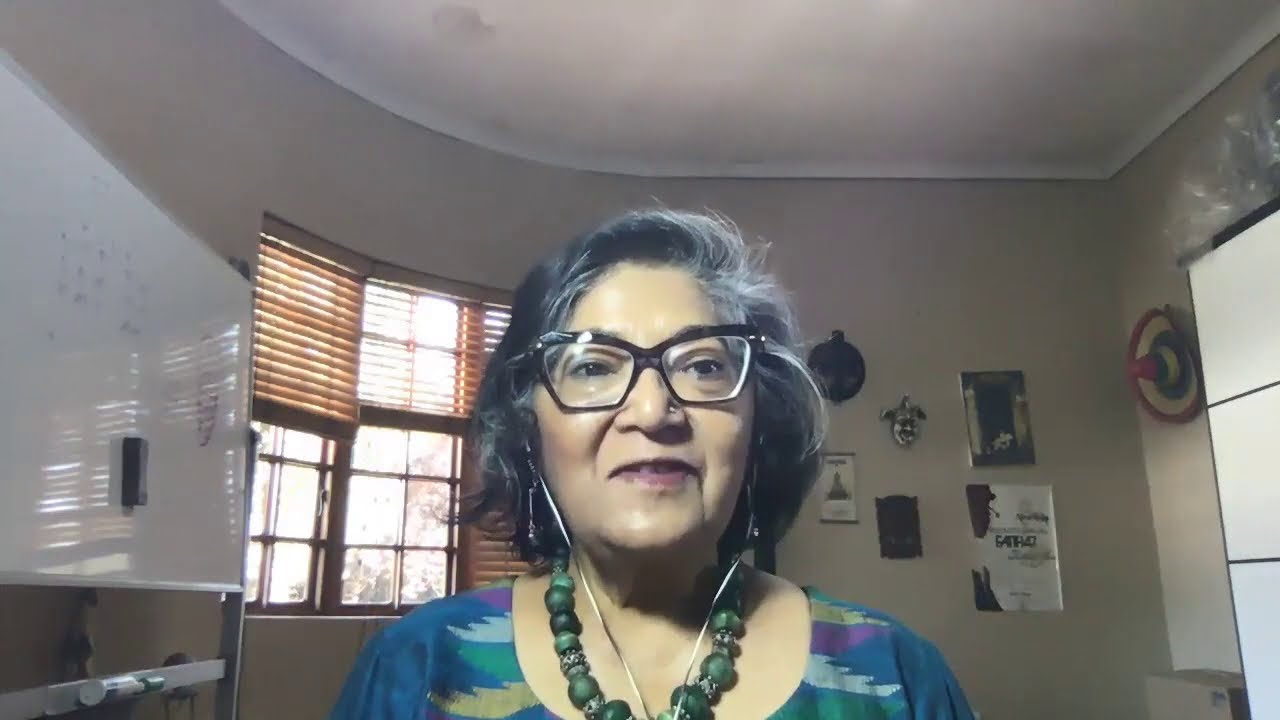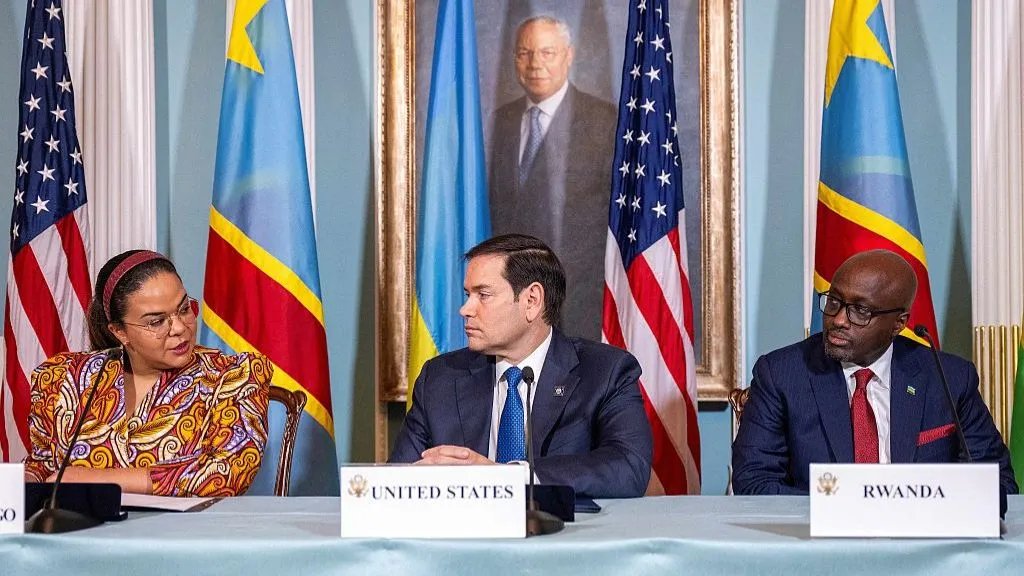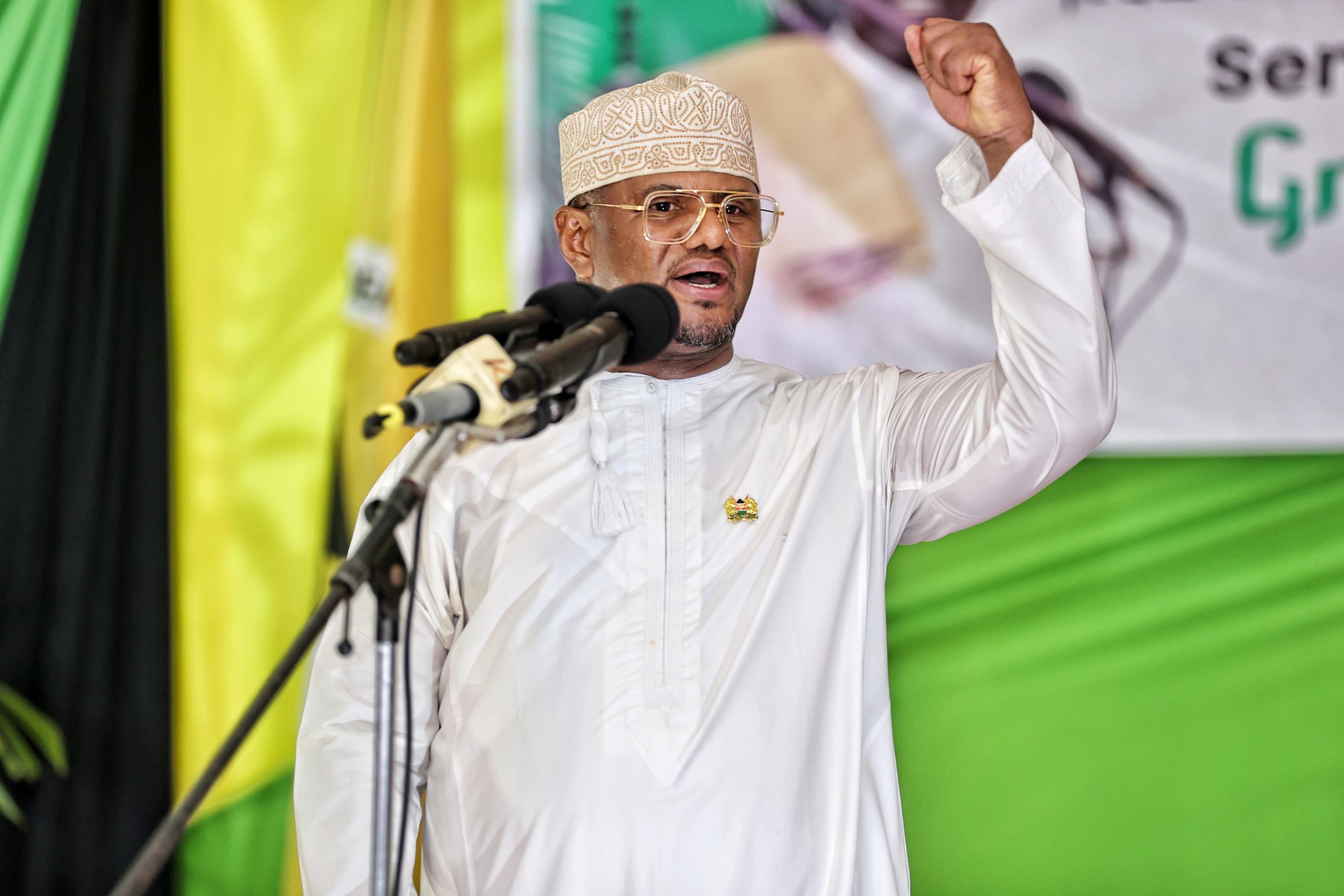“Our report tells the story of the plundering of a nation: corruption is not incidental, it is the engine of South Sudan’s decline,” said Yasmin Sooka, Chairperson of the Commission. “It is driving hunger, collapsing health systems, and causing preventable deaths, as well as fuelling deadly armed conflict over resources. The suffering of South Sudanese civilians is a direct consequence of the brazen plundering of public revenues since independence in 2011.”
To unlock the full article:
Choose one of the options below:
- Ksh 10 – This article only
- Ksh 300 – Monthly subscription
- Ksh 2340 – Yearly subscription (10% off)
By TWV Correspondence
Systemic government corruption and brazen predation by South Sudan’s political elite have unleashed an immense human rights crisis that must be urgently addressed, the UN Commission on Human Rights in South Sudan has said in its latest report issued on 16 September. Titled “Plundering a Nation: How Rampant Corruption Unleashed a Human Rights Crisis in South Sudan”, the report is based on two years of independent investigations and analysis by the Commission. It documents how oil and non-oil revenues are siphoned off through opaque off-budget schemes and politically connected contracts, while millions of South Sudanese are denied basic services.
“Our report tells the story of the plundering of a nation: corruption is not incidental, it is the engine of South Sudan’s decline,” said Yasmin Sooka, Chairperson of the Commission. “It is driving hunger, collapsing health systems, and causing preventable deaths, as well as fuelling deadly armed conflict over resources. The suffering of South Sudanese civilians is a direct consequence of the brazen plundering of public revenues since independence in 2011.”
The Commission’s analysis of official data shows that the Government’s oil inflows alone have exceeded US$25.2 billion since 2011 – an enormous sum in one of the world’s poorest countries. Yet systemic corruption and diversion of both oil and non-oil revenues mean hardly any money reaches essential services.
The education, public health, and justice systems are in crisis. Most civil servants are underpaid or unpaid. International donors now spend more on South Sudan’s basic services than the Government itself, and the country ranks at the bottom of both the UN Human Development Index and Transparency International’s Corruption Perceptions Index.
“Instead of directing national wealth towards serving the population, the country’s political leaders have systematically diverted both oil and non-oil revenues through corruption and unaccountable schemes entrenched throughout government,” said Commissioner Barney Afako. “South Sudan’s ability to manage economic constraints, absorb shocks, and allocate resources to fulfil the human rights of its citizens has been significantly impeded by corruption. Moreover, fiscal and accountability reforms envisaged under the Revitalised Peace Agreement remain unimplemented, while impunity for corruption prevails.”
The 2018 Revitalised Agreement on the Resolution of the Conflict in the Republic of South Sudan establishes a transformative agenda to improve public financial management. If implemented, this could enable the Government to strengthen its capacity to deliver on human rights. But these and other reforms have not been properly implemented or adequately funded.
Instead, budget spending practices overwhelmingly favour political elites. Between July 2020 and June 2024, the Ministry of Presidential Affairs overspent its allocation by 584 per cent (nearly six times its allocation, at US $557 million). By contrast, the Ministry of Health received just 19 per cent of its allocation (less than one-fifth, at US $29 million), the Ministry of Agriculture and Food Security received only 7 per cent (less than one-tenth, at US $11 million), and the Ministry of Gender and Social Welfare received a mere US $3.7 million across four years.
“The diversions are not abstract budget failures – they translate into preventable deaths, widespread malnutrition, and mass exclusion from education,” said Commissioner Carlos Castresana Fernandez. “Three-quarters of child deaths are preventable, yet funds go to patronage and private pockets, not medicine, clean water or sanitation. Even as we speak, nepotism and kleptocracy in government are further entrenching. South Sudan’s international partners must make clear that this situation is unacceptable, cannot lead to peace, will not address rights indispensable to the survival of the population, and sabotages credible elections and the political transition.”
The report highlights emblematic corruption schemes, including the ‘Oil for Roads’ programme, which funnelled an estimated US$2.2 billion off-budget into political patronage networks. The scheme implicates Benjamin Bol Mel, appointed as the Vice President of South Sudan in February 2025, whose companies failed to deliver most of the promised roads. It also details schemes by Crawford Capital Ltd in non-oil revenue collections, where little of the taxes reach government budgets, even as illegal levies on humanitarian actors obstruct critical food aid operations.
The Revitalised Agreement is now at a breaking point. On 11 September 2025, the Government announced charges against First Vice President Riek Machar, who had been arbitrarily detained since March 2025. His opposition party has since fractured, with many of its key leaders jailed or exiled.
Meanwhile, the President’s daughter, as well as Vice President Bol Mel’s wife, have recently been elevated to senior government positions. Amid corruption and political upheaval, the prospects of completing South Sudan’s transition, as envisaged by the Revitalised Agreement, have significantly diminished.
“On the ground, we have seen widespread deprivation and the absence of basic infrastructure and services: direct outcomes of corruption,” said Sooka. “South Sudan’s leaders must end the systemic plunder and impunity. When public revenue becomes private fortune, peace cannot hold. For the transition to survive, accountability for economic crimes and an investment in human rights are indispensable.”
The Commission launched its report today at a press conference in Nairobi, Kenya, fulfilling its Human Rights Council mandate to investigate and report on human rights violations. The report underscores that the devastating impacts of corruption are recognised harms under international law, and by the African Union and the UN Security Council. It highlights South Sudan’s legal duties under the UN International Covenant on Economic, Social and Cultural Rights, which obligates the Government to allocate “maximum available resources” to fulfil basic human rights.
The report sets out 54 recommendations to the Government of South Sudan for ending impunity for corruption, strengthening accountability, and urgently prioritising the population’s basic needs in national budgets and public spending processes.
[/full]




